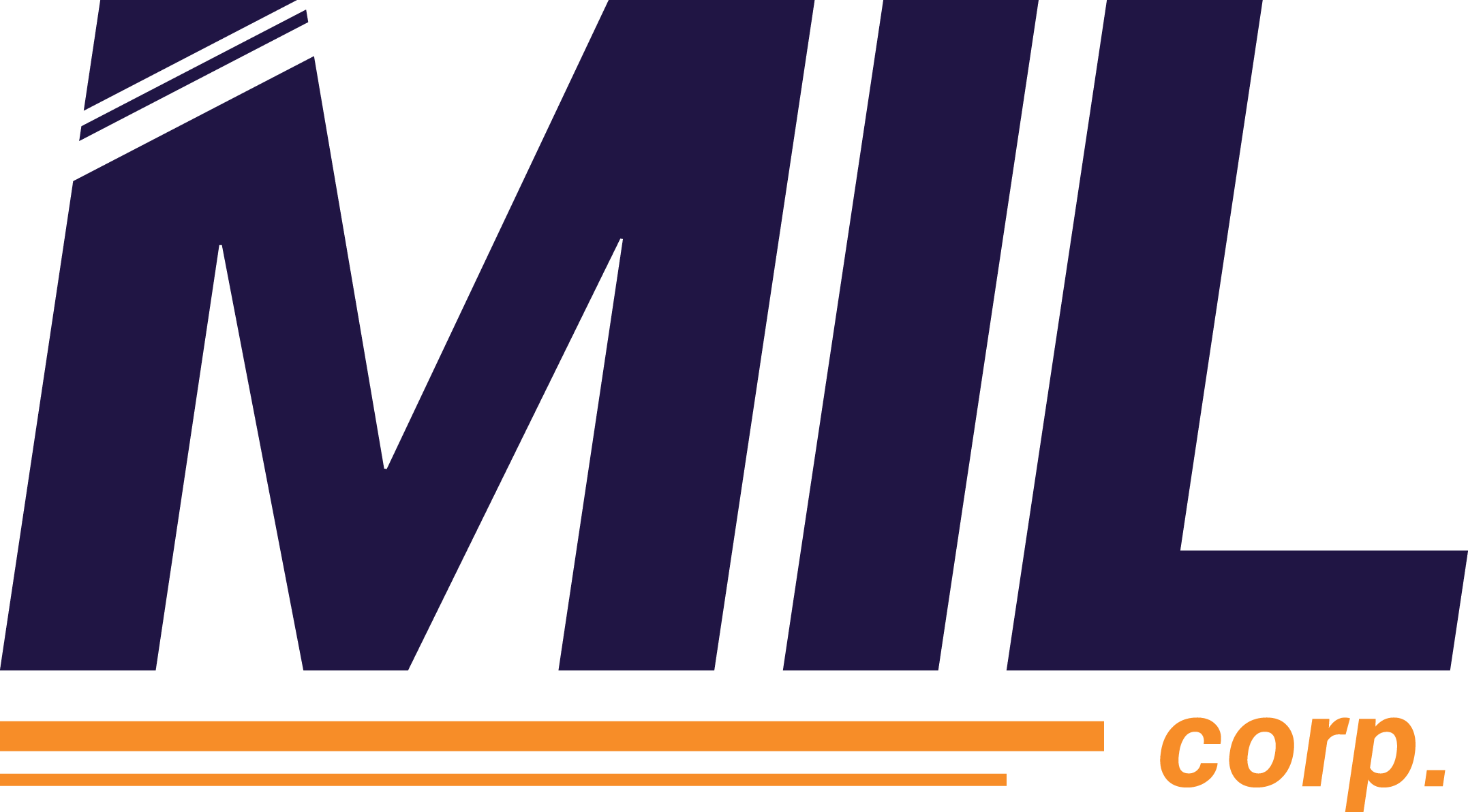
Andrew Hibbeln

Business Analyst
Years with MIL: 1
What were you doing before joining MIL?
Before MIL I worked for an asphalt construction company for 11 years. I started in the field working as an asphalt technician and worked my way through school eventually ending my tenure as a cost analyst. In this role, I wore a lot of different hats. I worked on several software implementations as well as analyzed and maintained production and job costing.
Why did you decide to join MIL?
I wanted to attempt something new with my career. I had never worked in the public sector and wanted to broaden my professional experiences.
What are you working on now?
I am working on RPA to help build efficiencies within CGFS. Because more routine tasks can now be automated, employees have more time to spend on higher value work.
What is important about your work?
I think the most important part of my job is helping others accomplish their work. The ability to build tools and automation processes to save time, improve accuracy, and create efficiencies is at the forefront of my position.
What are the best aspects about your current job?
The best aspect of my job is when I am successful in increasing efficiencies. I am motivated when I get feedback from my team that they are happy with the changes I helped to implement.
Why do you enjoy working at MIL?
MIL does a good job of empowering and building accountability with their employees. It is an open environment and the supervisors and other employees are approachable. Also, there are a lot of opportunities to improve and grow your abilities to be successful in your career.
What is the most challenging project you’ve worked on at MIL?
RPA is the most challenging undertaking I have come across so far. I was assigned this project as soon as I joined MIL. It was very exciting to be a part of this initial effort – RPA solutions had not been done at CGFS before and at the time, only one or two other agencies were initiating RPA activities. The software was completely new to everyone and there was a steep learning curve. There was (and still is) a very small team working on this project which adds to the challenge. As awareness grows, we are working on best practices, prioritizing, and scaling to meet the centers demand.
What is the best piece of career advice you can offer someone in your field who is either applying to or beginning a career at MIL?
Be patient. Federal government contracting operates at a different pace than the private sector and that presented a big transition for me. Also, take notes and be open to the different opportunities available.
